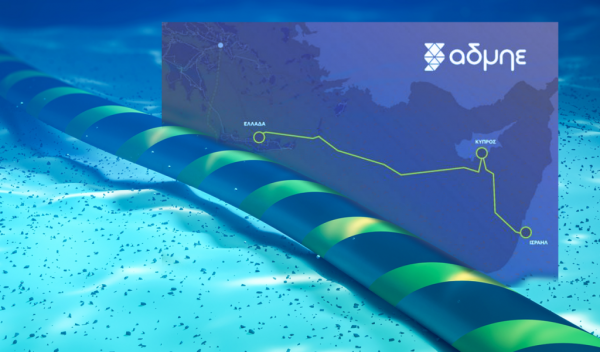The prime minister’s visit to flood-stricken Mandra, Attica last November, and to Mati on 30 July, had two things in common. One was that they were linked to a total disaster, and the other that there was an absence of citizens.
Not having much else to show, Alexis Tsipras looks after his image, and he takes care not to let anything unexpected blemish it. That is why he organised a “war room” broadcast live on that fateful Monday, where he forgot to mention that people had died.
That is why he visited the fire-ravaged area early in the morning, accompanied only by government officials and his own camera. That is why he announced his measures on Lavrio, dozens of kilometers away from the site of the fire. To show that he stands by the victims, he received a group of them in his office.
If the PM was organising yet another escape from reality, the volunteers were from the very start in place. Hundreds of people hastened to contribute, to stand by people, to cover the void left by the incompetence of the state. Some were looking for survivors, and others were trying to persuade those who had lost everything that they should struggle. “They were simply waiting for us to hold their hand, so as not to feel alone,” as one volunteer told Ta Nea.
These are two worlds. On the one hand you have the finger-pointing at victims of Defence Minister Panos Kammenos, the smiles of Attica Prefect Rena Dourou, and the reference to bollocks by SYRIZA MP Eleni Avlonitou.
On the other hand you have the self-denial of volunteers, the contributions of well known and anonymous people, tennis player Stefanos Tsitsipas’ “Pray for Greece”, and the moving statements of medal-winning pole vaulters Katerina Stefanidi and Nikol Kyriakopoulou about the fire-stricken.
In fact it is the same world. The question is whether distance or proximity will prevail. It will be either callousness or solidarity. In a democracy, the citizens decide.








